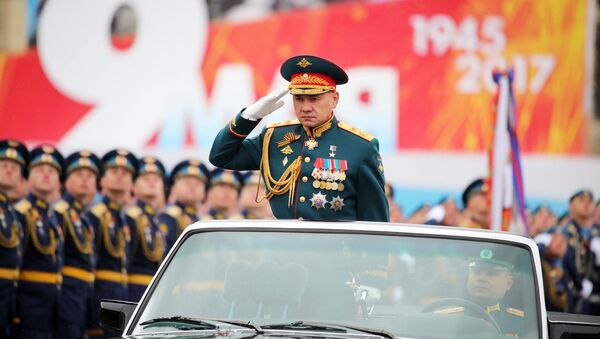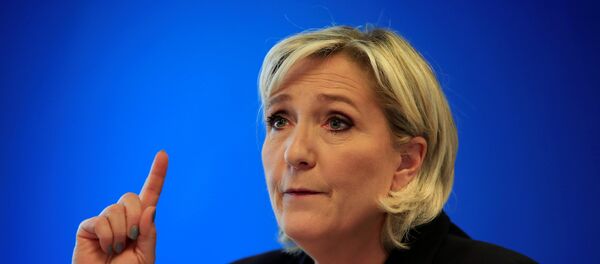Moscow will not tolerate a political dialogue with Germany based on the concept of using force, Russia's Defense Minister Sergei Shoigu said in an interview with the Russian television channel Rossiya 24.
The statement came in response to previous remarks by German Defense Minister Ursula von der Leyen about the need for Berlin to take a hardline stance on its ties with Moscow.
READ MORE: Russia's "Aggressive Actions" Undermine Euro-Atlantic Security — NATO
"Given what Germany did in our country, I think they should keep mum on the matter for the next two hundred years," Shoigu stressed, in an apparent nod to the Nazi invasion of the Soviet Union during World War Two.
In addition, he said that one should "ask [our] grandfathers" what it means to talk to Russia from a position of strength, in another clear reference to the Soviet Union's role in defeating Nazi Germany.
At the same time, Shoigu reiterated Russia's readiness for any mutually beneficial contact and advantageous cooperation.
READ MORE: Belgian Peace Activist: EU, NATO Anti-Russia Policy a 'Self-Fulfilling Prophecy'
Earlier this week, NATO deputy spokesman Piers Cazalet posted a short clip on his official Twitter account called, "What are today's security challenges?," listing an "assertive" Russia alongside terrorism, cyber-attacks and other potential threats to the alliance.
Today, we face a much broader range of threats than in the past.
— Piers Cazalet (@NATODepSpox) 9 августа 2018 г.
🎥 Watch the video to find out more about today’s security challenges. pic.twitter.com/aYiJVwWAq0
The Russian "challenge," according to the clip, includes "its military build-up close to NATO's borders." The clip is an excerpt from a longer video called: "NATO: What is it, why does it still exist, and how does it work?"
READ MORE: Mattis: NATO Will Never 'Turn Off' Dialogue With Russia Despite Tensions
Since the eruption of the Ukrainian crisis in 2014, NATO has been significantly increasing its presence in Eastern Europe using alleged Russian interference in the Ukrainian internal affairs and so-called "Russian aggression" as a pretext.
Moscow has many times expressed its protests against the NATO military buildup, saying that this move will undermine regional stability and result in a new arms race.



